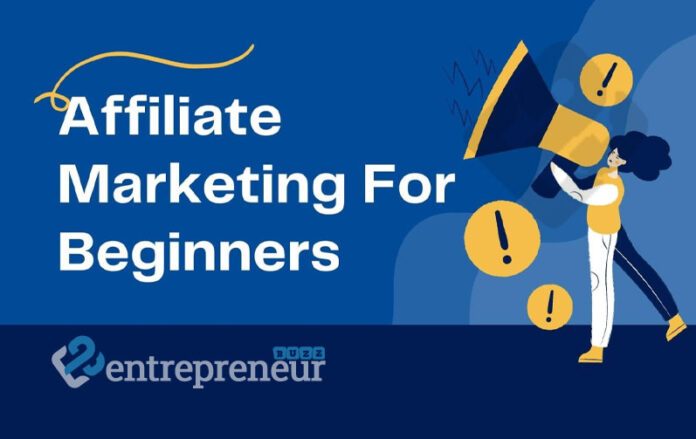Affiliate Marketing is a marketing technique used by companies to promote their products or services. It is the process of earning a commission by referring customers to another company’s products.
The affiliate marketing landscape has changed dramatically over the past few years. The industry has grown rapidly, and it’s now estimated that there are more than 2 million affiliates in the US alone, with affiliate revenue in 2018 being $2.5 billion dollars. With so many options for beginners looking to get started, it can be difficult to know which route is best for their needs. You can also find great tips on affiliate marketing in this article.
How to Choose the Best Affiliate Program for You
Choosing an affiliate program is not as simple as selecting the one that offers the best commission rates. There are many factors to consider before you sign up for a program.
In order to choose the best affiliate program for you, it is important to first evaluate your needs and goals. If you are looking for a way to make money online, then it may be worth it to join an affiliate network that offers multiple payment options. However, if you are looking for more of a hobby or side gig, then joining an affiliate network with lower payout requirements may be more suitable for your needs.
The affiliate program that will suit your needs best is the one that offers you a commission on the type of product you want to promote. For example, if you sell digital products such as e-books and video courses, then an affiliate program with a high payout for digital products would be a good choice.
How to Build a Profitable Blog or Website from Scratch in 5 Steps
The following are the 5 steps you need to take to create your profitable blog or website.
Step 1: Create a blog or website
If you currently don’t have a blog or website, you can create one in order to publish your content.
The first step in starting a blog is to choose a domain name. There are many free and paid options available, but you’ll want to pick one that’s both memorable and catchy.
Step 2: Build your blog or website
The second step to starting your blog is the blog itself. This can be either a blog or a website, but the difference between these two is in the intent of each. Websites are often used for marketing purposes and/or as informational sources, while blogs are typically used for providing news or information that is more personal and heartfelt.
Step 3: Promote your blog or website
Make sure you promote your blog or website by sharing it on social media and asking your friends to share the content. To get organic traffic, make sure to include links in your email signature and signature files on any digital service you use such as Google Docs, LinkedIn, etc.
Step 4: Generate revenue from your blog or website.
In order to generate revenue from your blog or website, you need to find out how much traffic the website gets. You can get this information from Google Analytics, which is a free tool. Once you know how much traffic the site gets, you will be able to determine what advertising networks and affiliate programs offer the best prices for your website’s audience.
Getting traffic to your website is a daunting task. There are things such as PPC, SEO, social media and content marketing that you can do to attract traffic. However, the most important thing is to have a good understanding of what people want from your website. What kind of information do you provide? What kind of language do you use? These are questions that should be answered before you start trying to optimize your website.
Step 5: Continue to generate revenue from your blog or website.
You should continuously try to create content that will provide the most value for your audience. In order to stay relevant and increase your traffic, you need to be creating new content on a regular basis to increase the traffic to your website or blog.

